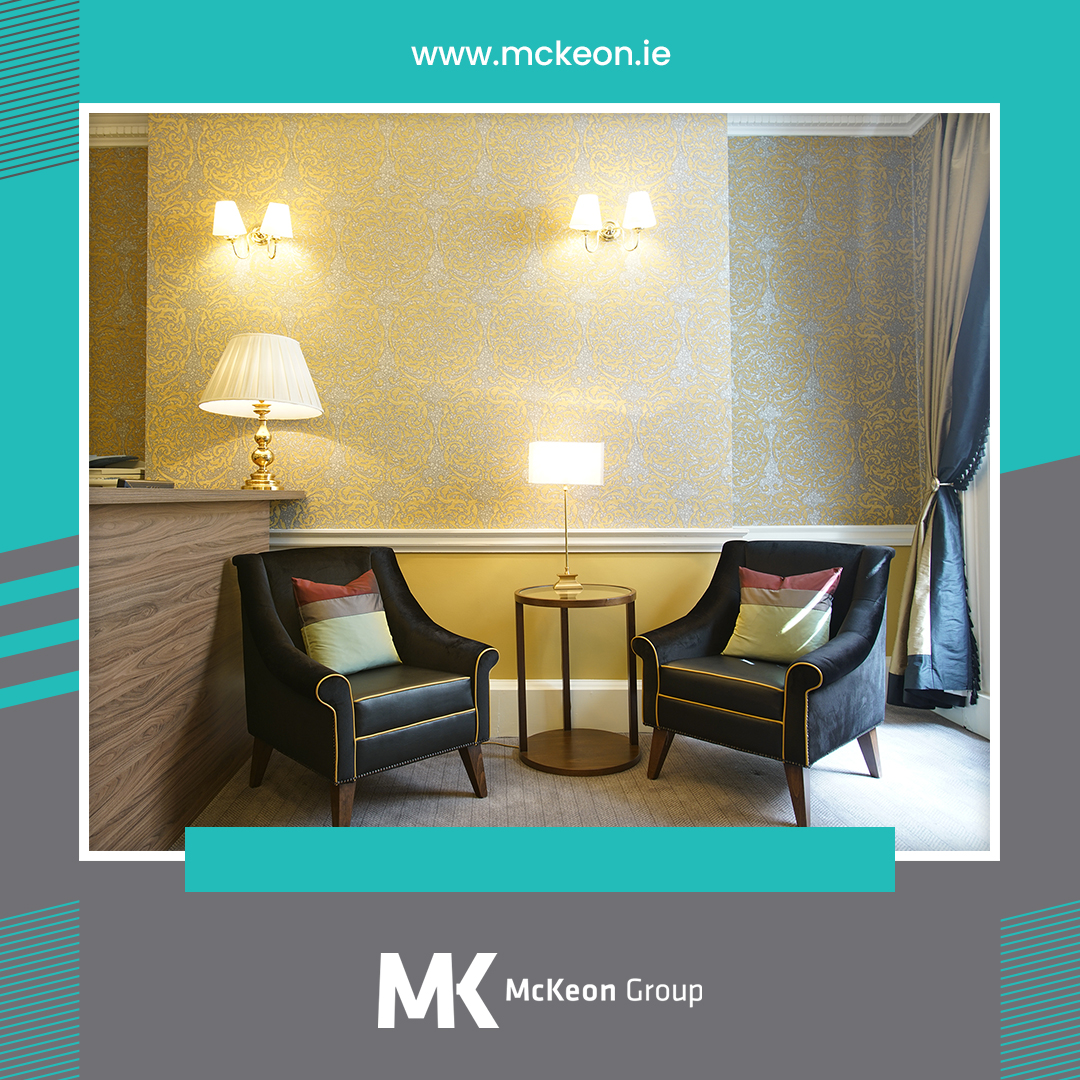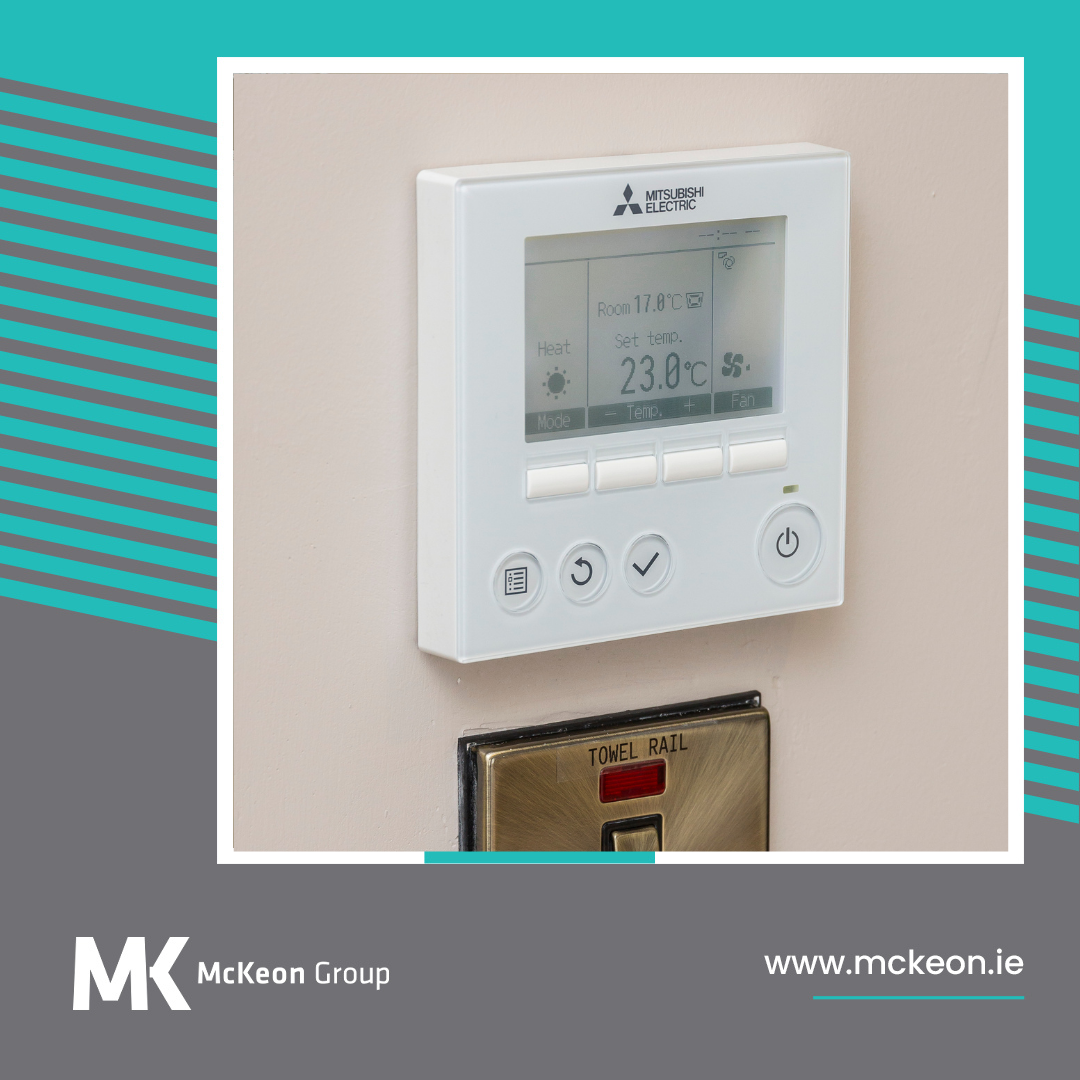With the pandemic persisting and level 5 restrictions remaining in place across Ireland for the next six weeks at least, the issue of indoor air quality has quickly risen to the top of the commercial property agenda. You can catch up on our article titled ‘Indoor Air Quality & the Importance of Real-Time Data for the Workplace’, published here last month https://mckeon.ie/indoor-air-quality-the-importance-of-real-time-data-for-the-workplace/.
In practical terms, the quality of indoor air is generally poorer than the quality of the air outdoors. This is a very real concern for employees who are planning to return to their workplaces later this year. With this in mind, we have put together a list of tips that can help to improve the quality of air in your workplace:
– Firstly, before something can be improved it must first be measured. For this we advocate for the use of IoT indoor air quality sensors to monitor the quality of the air and make real-time information and insights available.
– Technology enables behavioural changes, for this reason, it is important to empower building occupants by giving them access to real-time air quality information. This allows teams to take corrective action as and when needed.
– Despite the ban on smoking indoors, cigarette smoke can still be an issue as it lingers on people and their clothes. One important tip is to position any rack or stand for overcoats far away from the main work area. Also, it is important to move outdoor smoking areas away from main entrances, vents and operating windows.
– Ensure dust-free surfaces: Even in well-kept workplaces, there will always be people who allow dust (and so much more!) to build up on and around their desks and workspaces. Dust and other environmental pollutants contribute to indoor air pollution. Without sufficient ventilation, these tiny pollutants can trigger allergy symptoms in members of the team.
– While some chemical pollutants – including powerful cleaning products, perfumed aerosols or your co-workers’ hairspray – can be obvious, the vast majority will not be so obvious. Hidden chemical pollutants may be emitted from building materials, furnishings and floor coverings. In fact, most commercially manufactured items emit chemical pollutants, including polybrominated biphenyl (PBB), polychlorinated biphenyl (PCB), polyurethane, formaldehyde, and VOCs.
– HVAC systems (heating, ventilation and air conditioning) should be inspected regularly to ensure sufficient ventilation and adequate distribution of fresh air throughout the entire area. Filters must be changed regularly to prevent dust and other air pollutants from circulating back indoors.
– Ventilation is key. Where possible, and depending on outdoor area quality locally, open the windows to allow outdoor air to enter the building. Also, air vents should be kept unblocked and unobstructed.
– One of the most simple, low tech, yet effective ways to improve indoor air quality is to introduce air-purifying plants to the workplace. These plants not only improve the quality of the air, they also help to reduce noise and stress levels within the work area.
About McKeon Group
Established in 1950 and ISO certified for more than two decades, McKeon Group offers expert construction, fitout and building services. The family-run Group delivers projects, services and maintenance across a range of sectors for State, local authority, FDI and private clients. For more information, contact: www.mckeon.ie




